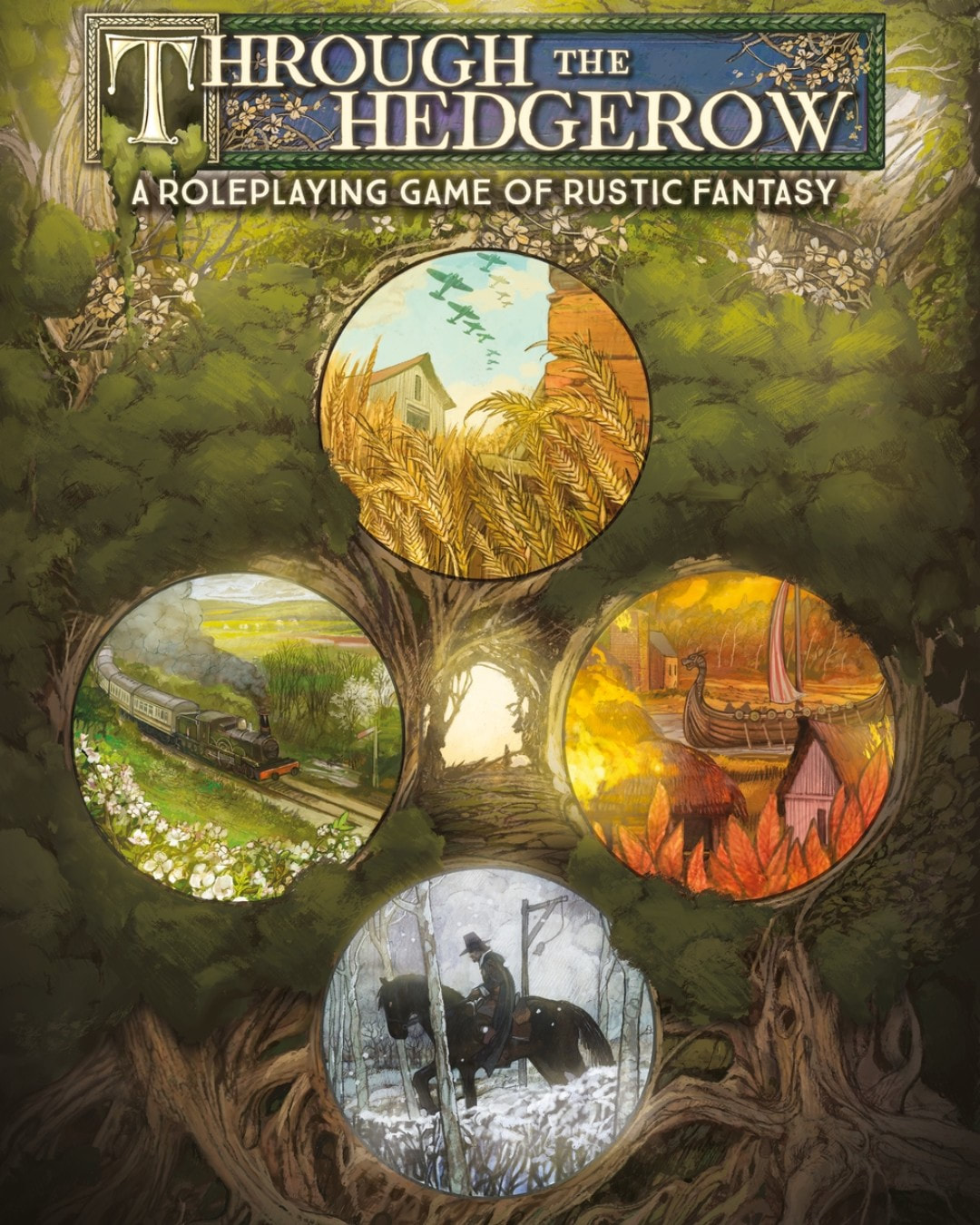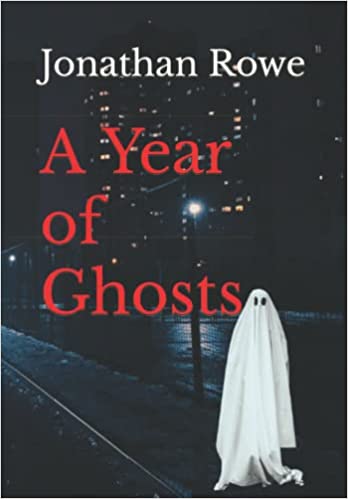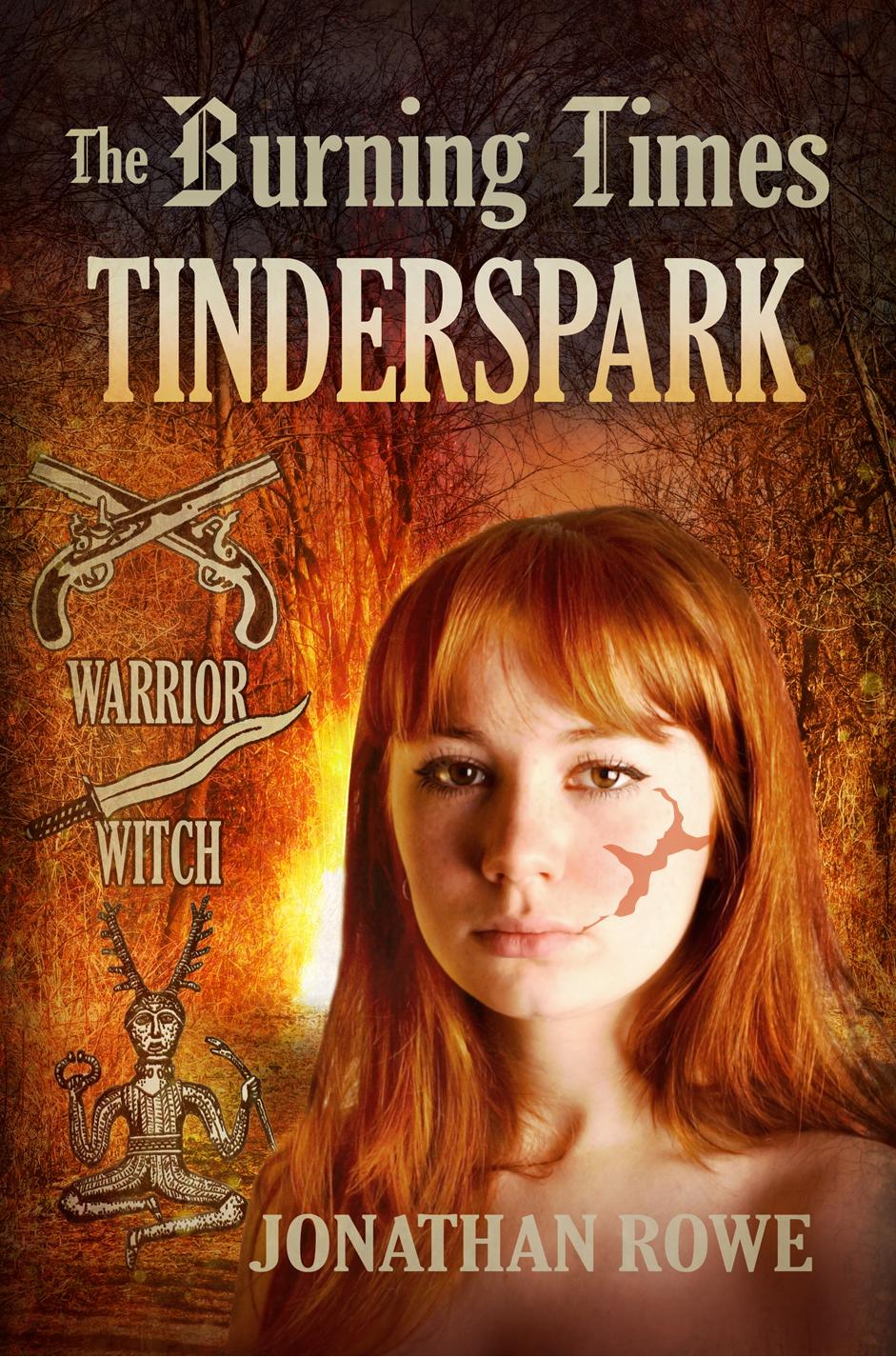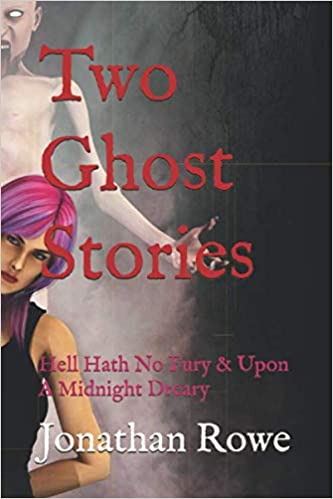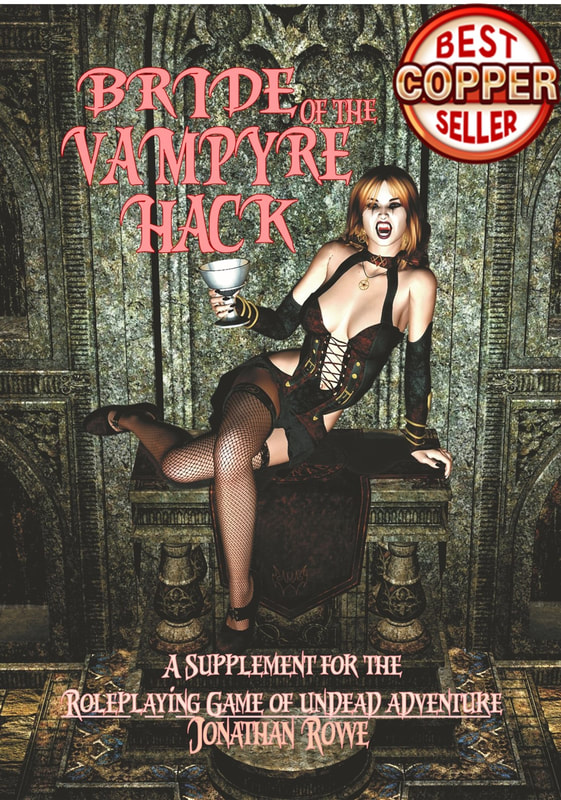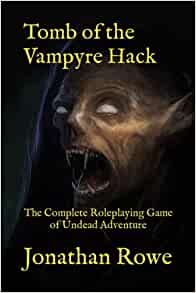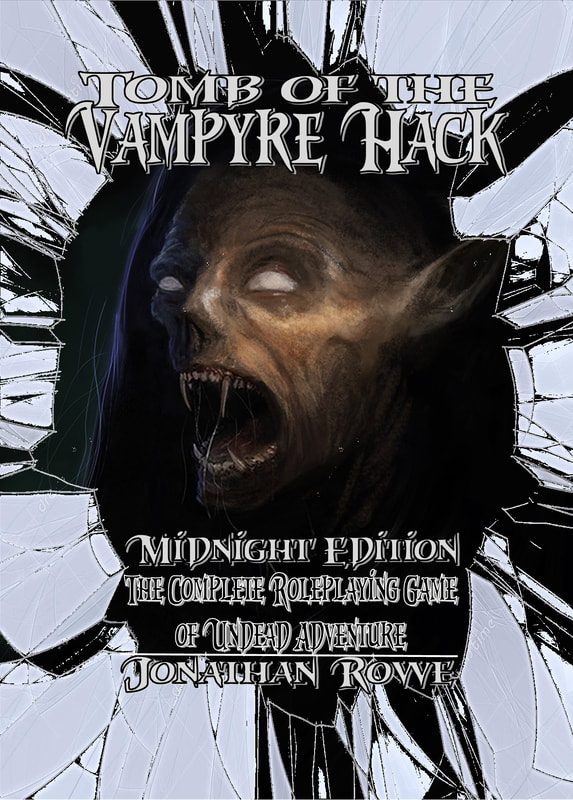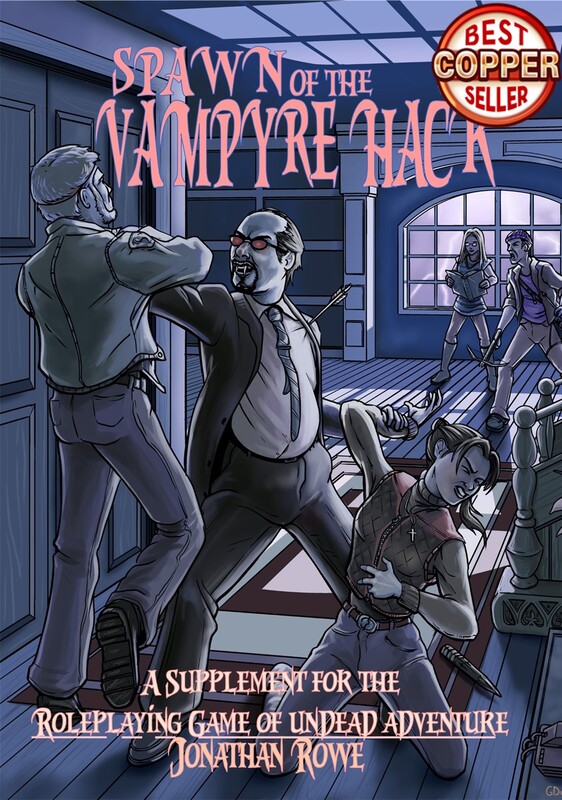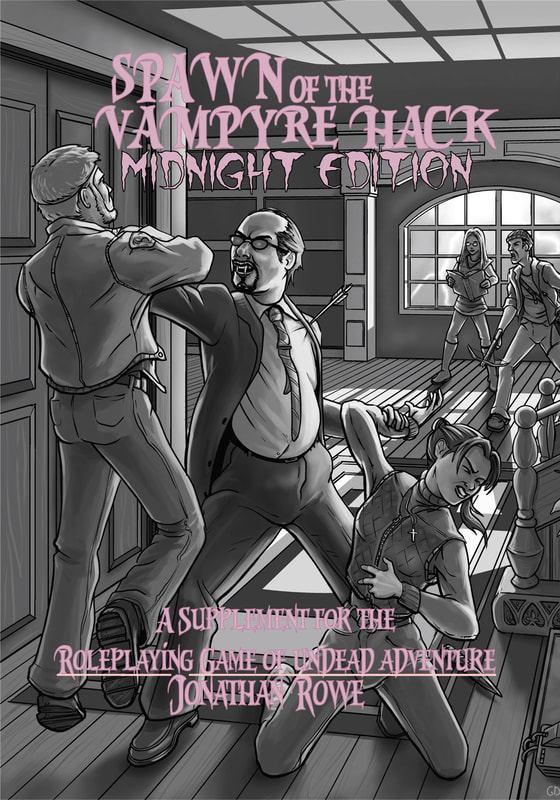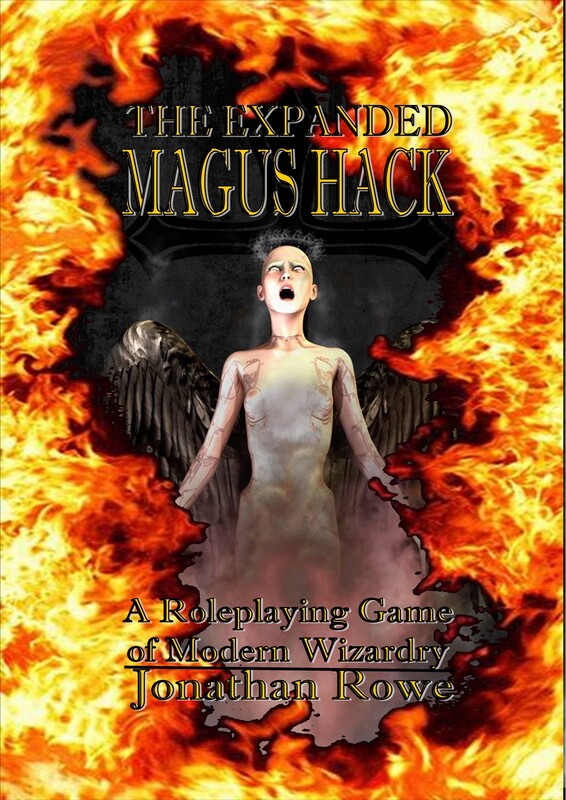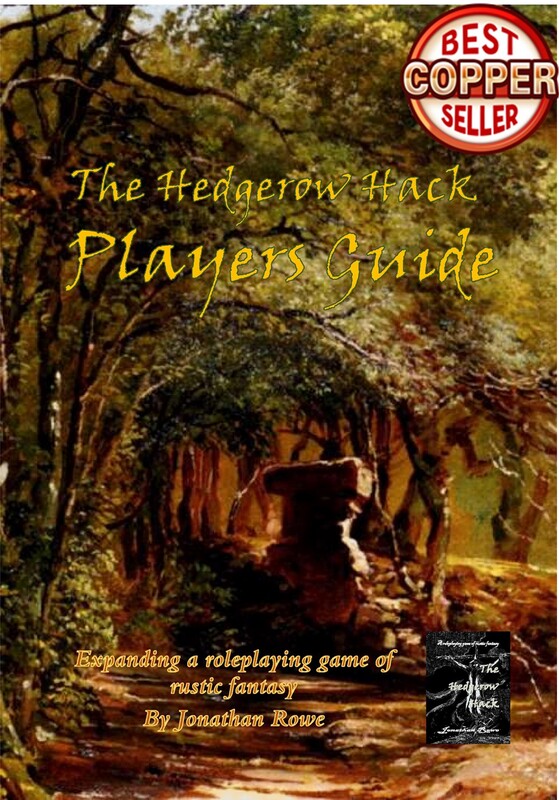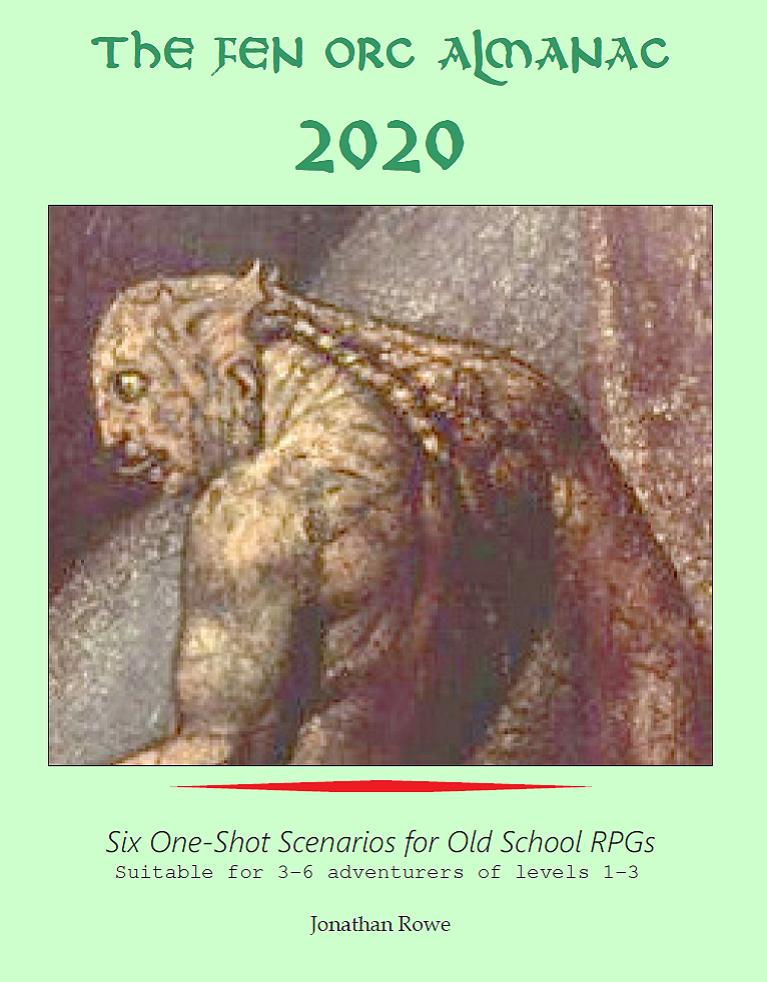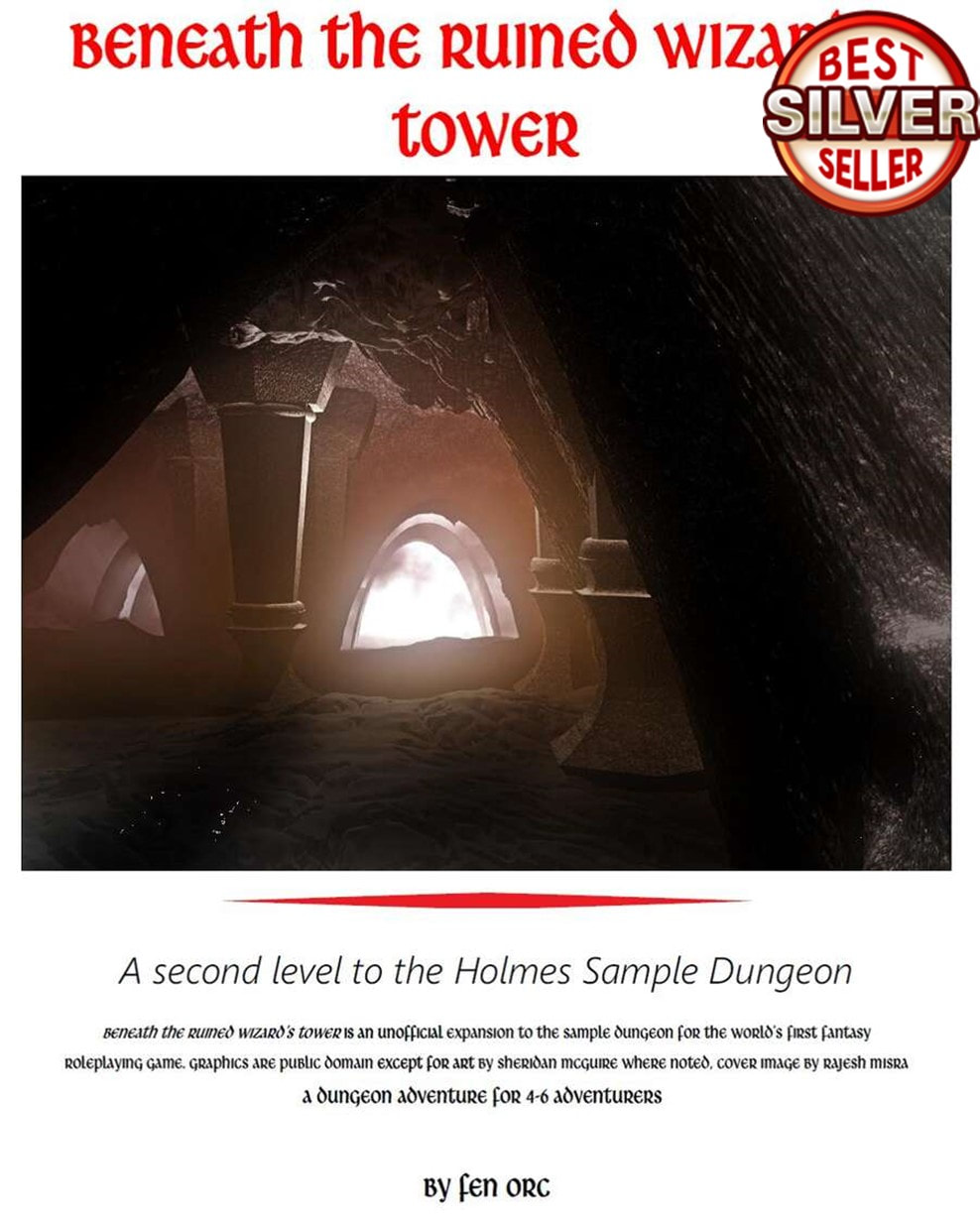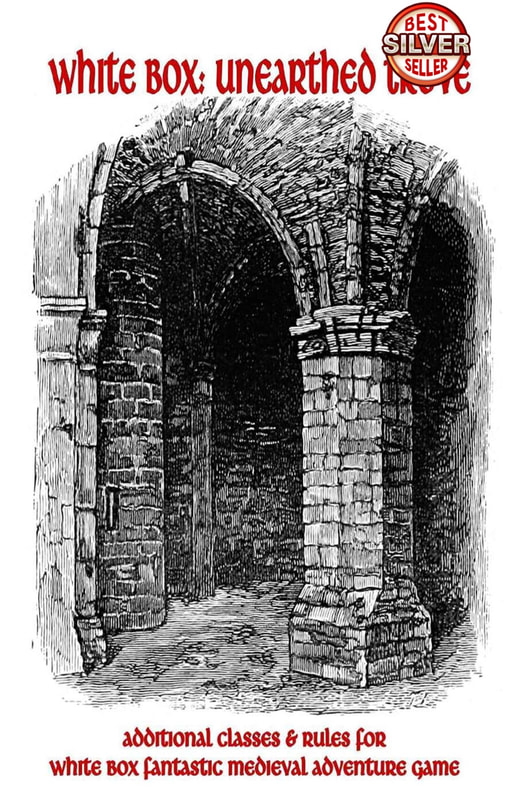Milton's poem describes the poet waking from gloom to throw himself into the busy tumult of life, traveling from the farm, through the beautiful countryside, to the city, and a life given over to pleasure and romance, with poetry being the highest pleasure of all. It doesn't start in the lovely city. The poem begins in a place of nightmare: Hence loathed Melancholy, It's quirky that Milton's description of his nightmares resembles a dungeon adventure, with Cerberus the hell-hound, Stygian caves and Cimmerian deserts. The whole poem (whose title, L'Allegro, means 'The Happy Man') reads like the experience of dungeon adventurers, returning from their harrowing escapade through the peaceful realms, past farms, through woods, at last to a great city, where they will spend their loot and, y'know, level up. Ah. Downtime. Every Referee has his or her own system for it. Go to drivethrurpg and there's an embarrassment of house rules on offer. No one needs to add to this tottering pile. So obviously I'm going to tell you about mine! But I'll make up for it by explaining my thinking as I go and maybe raise a few issues about why we need systems like this in Fantasy RPGs - and why we don't. What's Downtime for? In a nutshell, roleplaying. Look, in some idealised gaming world, there would be no 'downtime': the roleplaying experience would move seamlessly from the quest or dungeon to the home town, to the Green Dragon Inn in Portown, to negotiations with merchants and feudal lords, reunions with family and friends, flirtations with lovers, marriages, funerals, the highs and lows of a life well-lived. Fighting monsters and unearthing treasure would be one of the things fantasy adventurers do - but they would also ask Rosie the barmaid to marry them. And really, which would be the greater achievement? But it's not always so easy. Some Referees are uncomfortable narrating domestic joys and tribulations, some players find it boring; at the end of an adventure many gamers (players and Referees) are tired and want to relax with treasure distribution and XP calculation, not launch into arduous personal roleplaying. The sheer open-endedness of downtime can be daunting: at least with a dungeon the Referee can plan things out in advance. Before Lockdown moved us online and into more conventional dungeon-bashing, I was running a One Ring campaign set in Bree. The characters were humble Hobbits, a Dwarf tinker and a troubled Woodsman and much of the roleplaying revolved around running their businesses, pursuing their love lives and exploring their families and neighbours. In other words, activities that would usually be assigned to Downtime dominated the roleplaying. The players found this refreshing and addictive but, for a Referee, it was fatiguing. Moderating a dungeon-crawl is, by comparison, a relaxing activity. Ignoring Downtime is unsatisfactory too. The PCs end up lacking a context and a world outside of adventuring. They accumulate huge amounts of loot but have little to spend it on. My Downtime system is based on a couple of core concepts:
One last note. I'm using White Box: Fantastic Medieval Adventure Game alongside Simon Piecha's Expanded Lore supplement with his rules for Feats. White Box condenses the whole D&D level system into 10 levels (well... 12 for Magic-Users) and the dice rolls here are based on that rather condensed approach. Staying at the Inn Staying at 'the Inn' between adventures is a sort of default option for players who really don't want to engage with Downtime or who need to save money. Time passes, you heal your Hit Points, it doesn't cost much, then back down the dungeon we go.
Adventurers heal 1 HP for every day of rest; luxury guests can add their Constitution Bonus to this. Merchants at the Inn will buy gems and jewellery but will only offer 50% of its value. No one will buy or sell magic items. Going to the Big City Accommodation in the City charges double the rates of an Inn. During each week in the Big City, players engage in City Activities.A character may undertake 4 activities per week modified by their Charisma (from -3 to +3) but each activity may only be chosen once. These activities usually have a cost based on a d8 die roll and a multiplier. For some activities, the cost is multiplied by the character's current level. Many activities generate Favours or Insights, which are explained later. All die rolls are capped by the player character's level: if you get a result higher than your level, the result is treated as being equivalent to your level. When a character reaches 9th level, builds a stronghold of some sort and attracts followers, they roll 1d12 instead of the d8. I use an Injury system based on goblinpunch's Death & Dismemberment rules and City Activities marked * are too strenuous to be done while recuperating from an Injury. Bawdiness & Harlotry*: Enjoy the pleasures of the flesh. Have a Random Encounter (roll at +1 or +2 for expensive bawdiness). Cost: 1d8 x 50gp or x 100gp for the expensive sort. Black Market*: Buy illegal goods/hirelings or standard goods/hirelings at 75% cost (contraband, slaves). Carouse*: Drink, eat, dance then do it all over again. Have Random Encounters (one for ordinary carousing, two for the expensive sort). Cost: 1d8 x 10gp or x 100gp for expensive carousing. Craft*: Manufacture potions, scrolls and other magic items at higher levels. War Smiths create arms and armour with this activity (which represents spending up to 5 Craft points). Debt Management: If you overspend, this MUST be your next City Activity. Visit your debtors. Spend a Favour. Add 50% to your debt. You can do this once, plus one extra time for each bonus point of Charisma. Debtors will send collectors (i.e. assassins) after a month. If you leave the city without meeting your debtors this way, the debts are doubled and the collectors/assassins are dispatched after a week. Devotion*: Carry out the rites, sacrifices and services of your religion. Gain 1d6 Insight. Optional: roll a Random Encounter. Cost: 1d8 x 100gp per level. Fence*: Sell stolen gems/jewellery or illegal valuables to criminal deals. You will get 50% of the value. Gambling*: Dice, cards, pit fights and races. Spend the cost then pass a Saving Throw to recover it and another Saving Throw to double it. Thieves and Street Mages add +2. Have a Random Encounter at -1. Cost: 1d8 x 10gp or x 100gp. Good Works: Devote yourself to a project you believe in. Gain 1d8-1 Favour and 1d8-1 Insight (0 means nothing is gained). Cost: 1d8 x 100gp per level. Lotus Eating*: Take mind-bending drugs and lie in a stupor.Gain 1d8-1 Insight (0 means nothing is gained) or 1d8 Insight for Luxury Lotus. Gain 1 Trauma. Have a Random Encounter at -2 or a normal Random Encounter for luxury Lotus). No further activities this week. Cost: 1d8 x 25gp or x 150gp for luxury Lotus. Magickal Market*: Spend a Favour to inquire to buy a magic item or sell one. If buying, roll a magic item randomly (White Box p117) to see what is for sale. The cost is in Favour/Insight. Potions and Protection Scrolls cost 10 Favour/Insight, 25 for Lesser Items/Lesser Rings and 50 for Medium Items, Lesser Wands/Staves and non-unusual Arms/Armour. More powerful treasures are not for sale: if you roll these, treat "nothing for sale this week." If selling, the PC earns half the sale amount (5, 12 or 25) but can choose whether to be paid in Favour, Insight or a combination. Optional: roll a Random Encounter. Market: Buy standard equipment and recruit Hirelings at normal prices. Optional: roll a Random Encounter. Physicks and Leeches: Hire a skilled doctor to treat you. Add +1 to the number of HP you heal each day and heal 1 Injury (in addition to any normal healing). Cost: 1d8 x 100 gp Politicking*: Meet with the movers and shakers and influence their plans. Gain 1d8 Favour. Optional: roll a Random Encounter. Cost: 1d8 x 100gp per level. Quest*: There are downtime quests, like following a treasure map. Cost: 1d8 x 10gp for supplies, porters, horses. Spiritual Comfort: Hire a cleric or mystic to help you pray or meditate on your problems. This counts as Spiritual Comfort, removing 1 Trauma for a week of rest (no * activities) and removing 1 point of Derangement after 4 weeks of rest. Cost: 1d8 x 25gp (or 1d6 x 100gp for a month). Study*: Visit a library, laboratory or Sage to find answers to questions. Cost: 1d8 x 100gp. Trade: Sell your gems and jewellery to respectable dealers. You will get 75% of the value or 100% if you spend 1 Favour. Training*: One week of training per level you currently possess is required before you can advance a level in your class. You must spend 1 Insight or Favour to use this activity. Spending extra Insight or Favour halves the cost (multiple Insight/Favour may be spent in this way). Cost: 1d8 x 100gp per level Work*: Spend a week earning money from your profession. Thieves may roll twice and choose the higher amount. Assassins roll Assassinate ability and claim fee if successful. Gain XP equal to 50% of your earnings. Optional: roll a Random Encounter. Gain: 1d8 x 10gp per level Horatio is a 3rd level Magic-User with a +1 Charisma Bonus so he gets 5 City Activities a week. He spends his 10gp accommodation undertakes these activities:
At the end of a week, Horatio has completed a third of his training, gained a Trauma and spent 1,135gp. He also earned 90gp and realised 1,000gp cash from some dungeon loot. He has to roll on the Encounter Table from his lotus binge. Random Encounters must occur while Carousing, Gambling, Lotus-Eating or carrying on with Bawdiness & Harlotry and are optional with several other activities. They are rolled on 2d6. Charisma Bonuses apply, but there is a penalty of -1 if you have debts and -1 per Favour you owe to NPCs. Favour can be lost and turn into negative favour (Favours you owe rather than favours owed to you) but you cannot reduce Insight below 0. Horatio has a +1 Charisma Bonus and rolls 7, minus 2 (for cheap lotus) and plus 1 (Charisma), resulting in 6: someone robbed him while he was at that drug den. He rolls a d8 and the result of 8 is reduced to 3 (because he's third level) so Horatio has lost 90gp. That was his weekly earnings! Horatio begins a roleplayed encounter as he blearily pursues the thief through the night time streets. Favours & Insights Favours/Insights are a sort of currency for Downtime, representing leverage with NPCs or institutions or else your own growing understanding of plots, factions and power in your community. Ideally, I like to turn each favour or insight into a roleplayed moment: an incident, a new NPC, a flashback or cut-scene. Insight can be traded for a (true, relevant) rumour about a dungeon. Insights can be spent to engage in Training or halve its cost.
Favour can be used to get the full gold value of a Trade or 75% for a Fence/sale of a magical treasure. A Favour enables you to manage your Debts or engage in Training. A Favour can also be spent to halve the cost of a week’s training.
Horatio has 3 Insight and 2 Favours. As a third level Magic-User, his To Hit Bonus is +0 so a temporary Feat costs him a basic 1 Insight. He purchases Iron Will for +2 to all his saving throws during the next adventure. He wants someone to cast continual light on his dagger so he doesn't have to worry about his torch going out. This is a 2nd level spell so spending 2 Favours will turn up a friendly mage willing to cast the spell. Horatio trades his other Insight in for rumours about the dungeon. Reflections Homebrew rules are funny. You create them to be as simple and unfussy as possible, but anyone else looking at them sees only a dog's breakfast of otiose tables, dice-rolls and redundancy. Then they offer their suggestions which strike you as insanely baroque and over-complicated. Ah well... I wanted this system to be ABSTRACT. I didn't want it to dictate to me that Dian the Cleric has been mugged in an alleyway by 3 fifth level Thieves or that Konall the War Smith has offended the Dowager Princess' favourite eunuch. Those are campaign specifics that I can come up with myself once I know that someone has lost money or made an enemy. I get that some people want a system to tell them much more detailed events but that's just not a requirement for me. I also wanted the system to be EXPENSIVE and it's been through several drafts to get the economics right. Players emerge from dungeons with huge amounts of loot. I want to take it off them, partly so that they value finding the next haul and partly to provide an economic incentive for adventuring. Arranging the money and the Favour/Insight to go up levels is becoming an abiding concern for players and I think that's as it should be. My early drafts were too punitive, though - I think this one is about right. I want the system to LEVEL UP because D&D is all about levels. First level characters potter about, gambling with small stakes, making modest donations, politicking with low-tier bureacrats, carousing in inexpensive taverns. Higher level characters incur much bigger costs for greater benefits. A first level character might spend 100gp at the temple and earn a single Insight but a fifth level character could part with 2,500gp for 5 Insight. That's why fifth level characters are down on the lower dungeon levels, doing dangerous stuff for big rewards. Favour and Insight quantify the ebb and flow of a character's influence and awareness about what's happening in their world. Using them as the currency for magic items and spells spares me quantifying the cash value of a +1 sword or getting remove curse cast to remove that lycanthropy. The option to buy 'temporary Feats' lets PCs power-up ahead of important or dangerous missions. They also generate roleplayed encounters, in-character flashbacks and NPC allies, patrons and contacts.
0 Comments
Leave a Reply. |
30 Minute Dungeons
Essays on Forge
FORGE Reviews
OSR REVIEWS
White Box
THROUGH THE Hedgerow
Fen Orc
I'm a teacher and a writer and I love board games and RPGs. I got into D&D back in the '70s with Eric Holmes' 'Blue Book' set and I've started writing my own OSR-inspired games - as well as fantasy and supernatural fiction.. Archives
July 2024
Categories
All
|

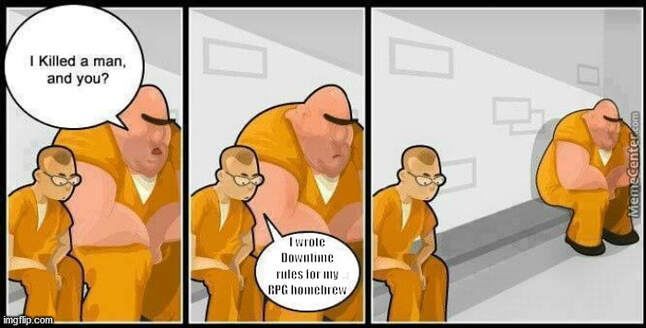


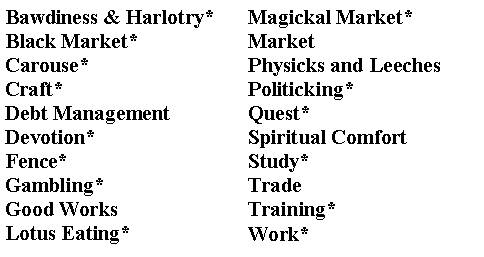
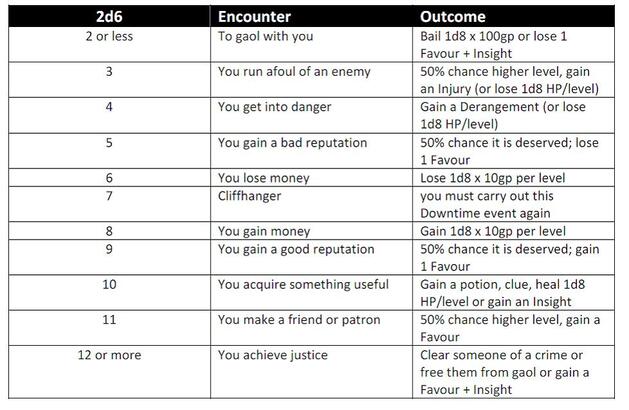
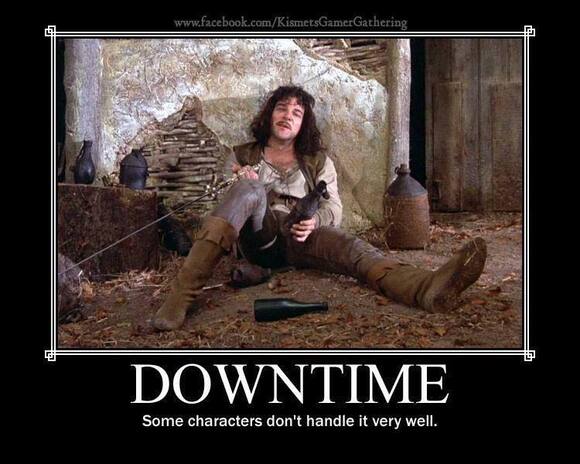
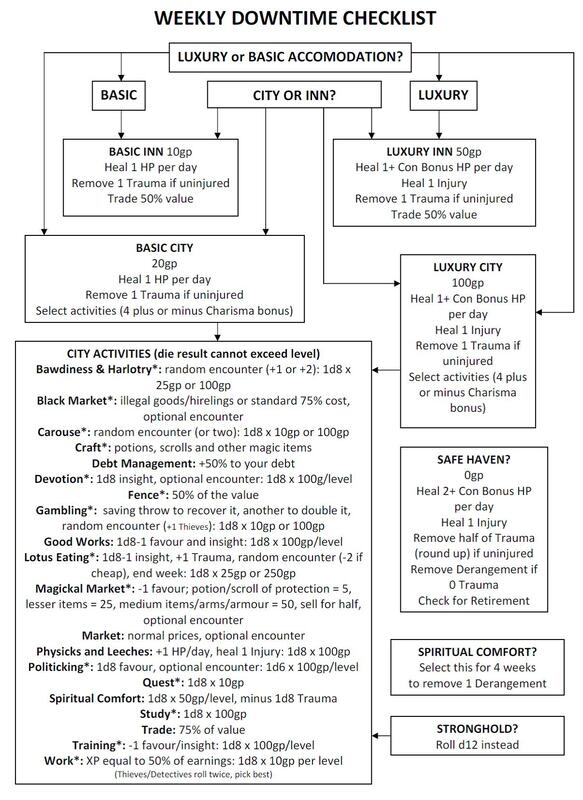

 RSS Feed
RSS Feed
